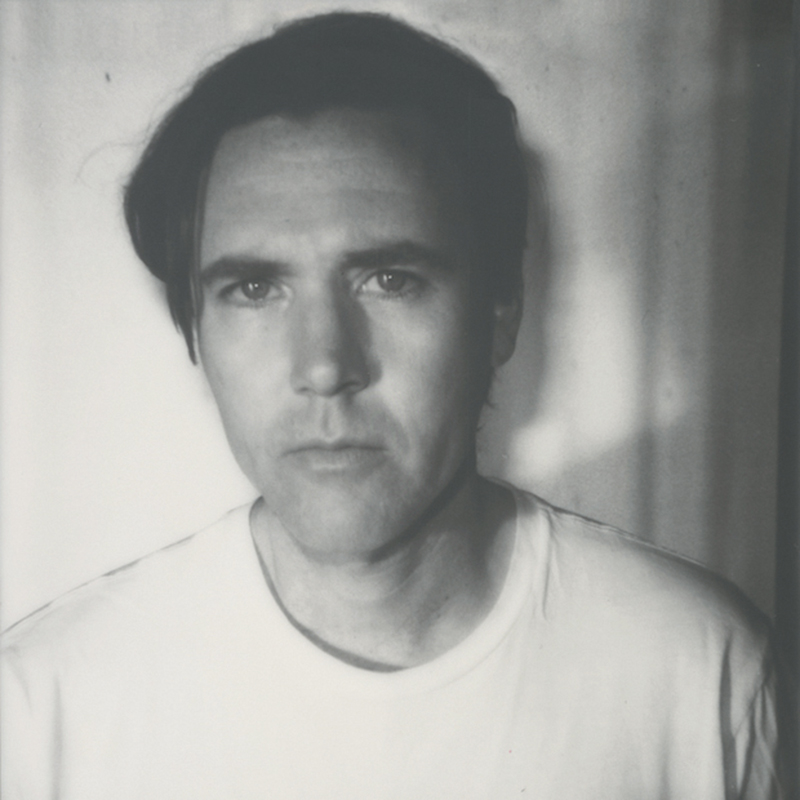National Music Reviews
Cass McCombs
Mangy Love
Anti Records
Street: 08.26
Cass McCombs = Bill Callahan + Kurt Vile
McCombs is one of those artists who seem to blend into the tapestry of musical consciousness, lost in generic “coffee shop” playlists—and unfairly so. He diligently, quietly puts out a record every year or two, and what sets him apart from other false prolifics is that his records are good. Throw on his early albums, and his eager yet brooding charm will give Conor Oberst a run for his money (seriously, try “So Damn Pure”). By the time 2009’s Catacombs came along, McCombs had grown into his own sound and delivered an absolutely solid album top to bottom. There have been a handful of consistent albums since then. His latest release, Mangy Love, a shade darker and a note heavier than ever before, and spoiler alert: It’s good.
In the past, McComb’s slightly dusty-sounding folk rock was a little drowsy but in a thoughtful way, as if he were choosing each word and note carefully so as not to misspeak. In Mangy Love, it seems McCombs is emboldened, making intrepid musical choices and owning his lyrics. It’s an album that moves from earthy world music to capacious compositions that reveal McCombs’ internal grappling with substantial ideas about life and beyond. There are moments strewn throughout Mangy Love that suggest a sense of stepping into the light (such as the religious, choral intro to “It”), as if McCombs has been baptized and is re-introducing himself to the world.
Mangy Love opens with “Bum Bum Bum,” which is an onomatopoeia of a title, as McCombs ticks off many “bum bums” as he sings. The tone of the track is a bit cynical, with the words “We’re all at war” standing out subtly over the steady drums and electric guitar riffs. The mood lightens as the album moves to “Laughter Is The Best Medicine,” which has a distinct, ’70s–pan flute–throwback feeling and features a list of herbs in the lyrics that brings to mind the lyrics “Parsley, sage, rosemary and thyme,” from the beloved Simon and Garfunkel’s “Scarborough Fair.” At first, it seems an odd fit, but something in the horns and sunset-dinner-cruise-esque melodies works and helps to make the album cohesive. That is to say, it adds to the idea of McCombs’ born-again self-confidence.
In “Opposite House,” McCombs describes ceilings, floors, pet snakes and doors in a sort of claustrophobic spell. He says, “Nothing’s changed / Inside this cage” and proceeds to continue asking “Why?” over and over throughout the track. It’s not an eager plea to God but rather a shrug, reducing larger cosmic questions to the weather for lack of a reasonable answer. If you listen closely, you can hear Angel Olsen come in at the chorus with faint, lovely backup vocals that add a layer of brightness to the swirly guitar and satiated sentiments.
Reaching in another direction, McCombs begins “Run Sister Run” with fiery guitar and drums and quickly spoken lyrics that are almost incantations. It’s a blunt call for recognition of women, with lines such as, “My sister’s a queen / She ain’t no concubine,” and several references to justice. Closely followed by the track “It,” which proclaims, “It is not wealth / To have more than others,” it becomes clear, as Mangy Love reaches its end, that McCombs is speaking out for unselfish reasons. –Kia McGinnis

